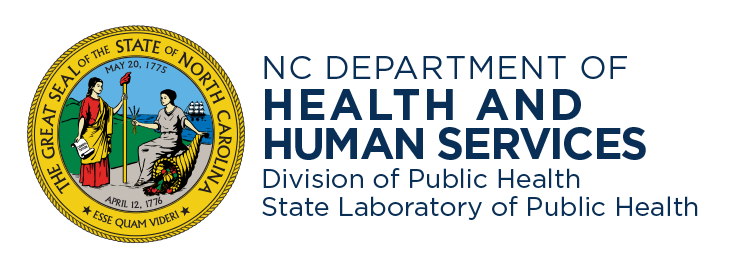



Welcome to Early Check!
We are not enrolling babies at this time.
You can still access your results if your baby has already been screened.
What does Early Check screen for?
Early Check offers screening for around 200 serious rare health conditions and also checks the risk for one fairly common condition.
To help you decide, we put these screening tests into three groups:

Group 1
Rare conditions that are treatable, meaning that early treatment can prevent the most serious symptoms.

Optional Group 2
Rare conditions that have potential treatments, meaning that treatments may not be able to prevent the most serious symptoms or that new treatments are still being studied.

Optional Group 3
Risk for Type 1 Diabetes, a common childhood disease that is treatable.
(Note: type 1 diabetes is not the same as type 2 diabetes, which is more common in adults.)
All babies who are signed up will be screened for Group 1 conditions. Parents can choose to add Group 2 and Group 3 if they wish. Some parents want these extra results, and some do not.


